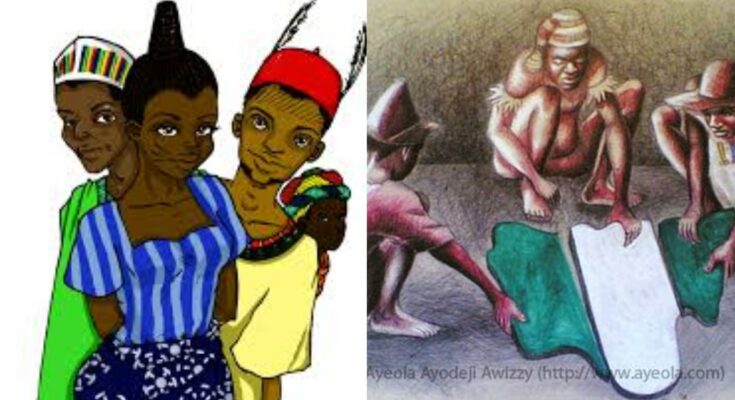Tribalism has negatively impacted Nigeria for too long. If left unchecked, it poses serious threats to our unity, security and development as a nation.
It has continously caused so much problems as it divides the people. In this article we would highlight the dangers and share some sad stories.
Here are 15 significant dangers of tribalism:
1. Divides the nation. Tribalism breaks national unity by emphasizing ethnic, regional or religious identities over our common identity as Nigerians.
2. Breeds conflict and violence. Clashes often erupt as a result of tribal prejudices, like the deadly herder-farmer conflicts witnessed in recent years.
3. Stalls political progress. Ethnic agendas stall issue-based politics and governance, with leaders prioritizing tribal interests over citizens’ welfare.
4. Obstructs equality. When access to opportunities is influenced by one’s ethnicity rather than merit, it denies many Nigerians their fair share of national resources and wealth.
5. Hampers economic growth. Conflicts discourage investment and the free movement of labour, capital and goods across regions – crippling business activity.
6. Undermines security. Armed militias are often formed along ethnic and religious lines, threatening law and order.
7. Encourages corruption. Public offices and contracts are distributed based on tribal affiliations rather than competence.
8. Promotes prejudice and stereotyping. Negative generalizations about other groups breed fear, hatred and the dehumanization of Nigerians.
9. Erodes national identity. When ethnic identity feels stronger than our national identity, it weakens the social fabric binding us together.
10. Threatens national survival. If left unaddressed, extreme tribalism could potentially lead to the disintegration of Nigeria into smaller ethnic nations.
11. It violates the constitution: Nigeria’s constitution prohibits discrimination on the grounds of ethnicity, place of origin or religion. Tribalism goes against this founding principle.
12. Promotes an “us vs them” mentality: Seeing other Nigerians as “outsiders” breeds distrust and hostility between groups that should see each other as fellow countrymen and women.
13. Stifles cultural exchange: When people of different backgrounds interact freely, cultures can blend and innovate to create a richer Nigerian identity. But tribalism discourages this exchange.
14. Impedes community building: A united, cohesive Nigerian community cannot form when tribal affiliations are stronger drivers of people’s relations than our shared citizenship.
15. Sets a bad example: Promoting tribalism teaches intolerance to future generations and makes breaking out of such narrow mindsets difficult. We must foster values of inclusion instead.
By recognizing our oneness as Nigerians above all else, we can overcome prejudices of the past and harness our diversity to build a just, progressive and prosperous society for all.
Overcoming tribalism requires recognizing our shared humanity. As Nigerians, we must promote justice, fairness, dialogue and national unity for the benefit of all people in our country.
Reports
IkejaBird reports on some examples of how tribalism has negatively impacted individuals:
Dayo’s story: “I’ve worked hard for 5 years hoping to get a promotion, but when a position opened up I was passed over because my boss said he wanted someone from his own Igbo tribe instead of a Yoruba person like me.”
Chinaza’s experience: “My wedding was called off after months of planning because my fiancé’s mother said she doesn’t approve of him marrying someone from a different tribe. She didn’t see me as a good enough bride just because I’m from Delta state and not Yoruba.”
Blessing’s frustration: “As someone from Benue state, I’ve had so many job opportunities go to less qualified candidates just because the hiring managers favor people from their own tribes in the North. It’s not fair that my abilities are overlooked due to where I come from.”
Sadiq’s story: “After the herder-farmer clashes in my village, neighbors who had been like family turned against me when they learned I was Fulani. The seeds of distrust had been sown along tribal lines, and it hurt to see people fear me due to my ethnicity rather than who I am.”
These examples show how tribalism breeds injustice, lost opportunities and divisions in both public and private spheres. A truly united Nigeria requires rejecting such prejudices in favor of merit, character and our shared humanity.








